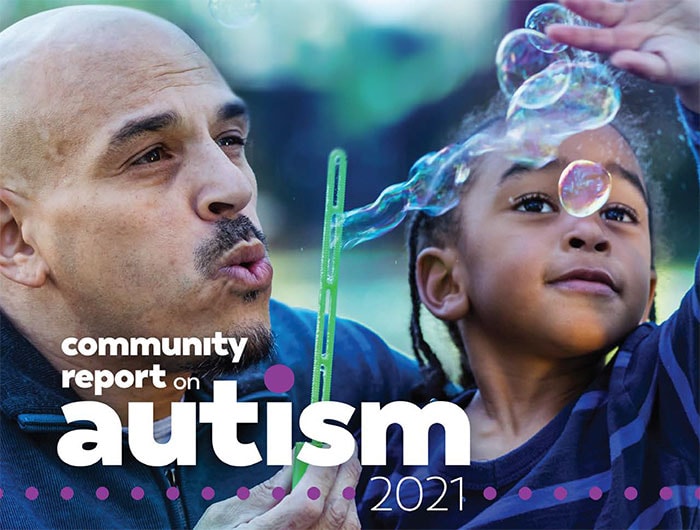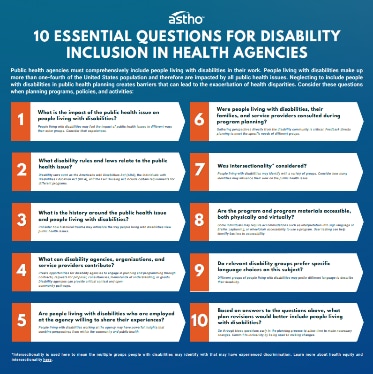DHDD Newsletter – December 2021
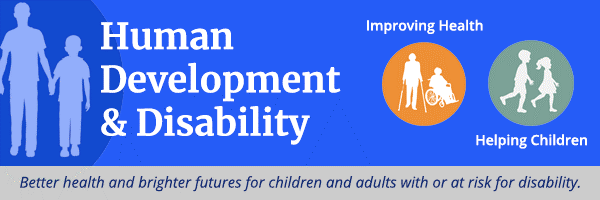
A Note from the Acting DHDD Director:
Dear DHDD Partners,
It’s hard to believe December is here already. I hope you all have had a wonderful month so far and enjoyed the Thanksgiving holiday for those who celebrate. At DHDD, these past few weeks have been very busy with wrapping up projects, releasing new data summaries and publications, and continued COVID-19 deployments for many DHDD staff. I am looking forward to some down time this holiday season and hope you all are planning to do the same.
I wanted to share a letter to the editor that was recently published in Autism honoring the life and work of Dr. Li-Ching Lee, a long-time colleague, grantee, and friend of DHDD. Many of you are very familiar with Dr. Lee’s countless contributions as the principal investigator of the Maryland Autism and Developmental Disabilities Monitoring (MD-ADDM) Program, a long-standing investigator in the Study to Explore Early Development (SEED), and a collaborator with NCBDDD colleagues on a folic acid follow-up study in China. Sadly, Dr. Lee passed away in May 2021 and is greatly missed. The letter to the editor is a very nice tribute to Dr. Lee as a person, teacher, researcher, and public health professional.
Dr. Georgina Peacock has been asked to extend her detail to CDC’s Immunization Services Division through April 2022. While we miss her at DHDD, we know she is working hard to ensure that people with disabilities and their families remain top-of-mind for vaccination efforts. Thank you in advance for your continued support as I continue to serve in an acting Division Director capacity during Dr. Peacock’s deployment. Finally, I hope you have a safe and healthy December and are able to spend time with family and friends. I wish you the happiest of holidays and a peaceful and restful New Year!
Best,
Blythe
In the Spotlight
December 3 marks the International Day of Persons with Disabilities
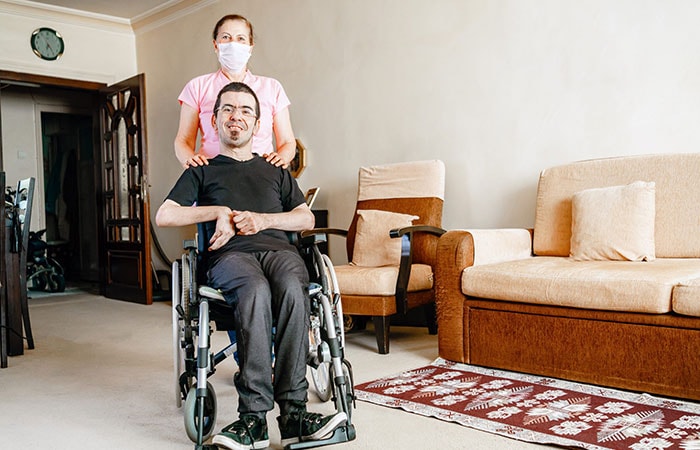
DHDD has released a feature, in English and Spanish, for International People with Disabilities. This year’s theme focuses on building a disability-inclusive, accessible, and sustainable post COVID-19 world. Health disparities are differences (also known as disparities) in health and access to services. Addressing these barriers to COVID-19 vaccination for people with disabilities can help reduce health disparities, increase COVID-19 vaccination demand, and increase the number of people with disabilities who get the COVID-19 vaccine.
New Resources
New FREE Training for Developmental Surveillance and Screening
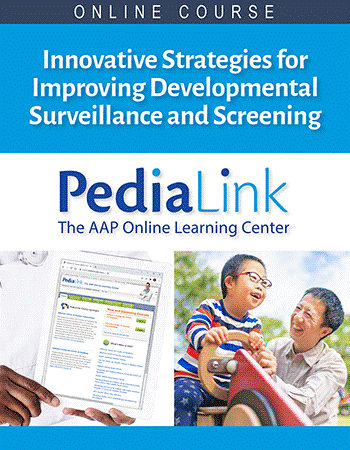
The Learn the Signs. Act Early. program in collaboration with the American Academy of Pediatrics is happy to release the Innovative Strategies for Improving Developmental Surveillance and Screening Pedialink course! This FREE comprehensive and practical training on how to do excellent developmental surveillance and screening in primary pediatric health care settings, even during a pandemic, is a wonderful new resource! Please take a look and share widely with colleagues, partners and friends within pediatric healthcare settings. Find it here.
Community Report on Autism 2021
CDC’s Autism and Developmental Disabilities Monitoring (ADDM) Network program has released the 2021 Community Report on Autism. The community report features a Snapshot of Autism Spectrum Disorder among 8-year-old and 4-year-old Children in Multiple Communities across the United States in 2018. The Community Report is also available in Spanish and can be accessed here.
Needle Fears and Phobia
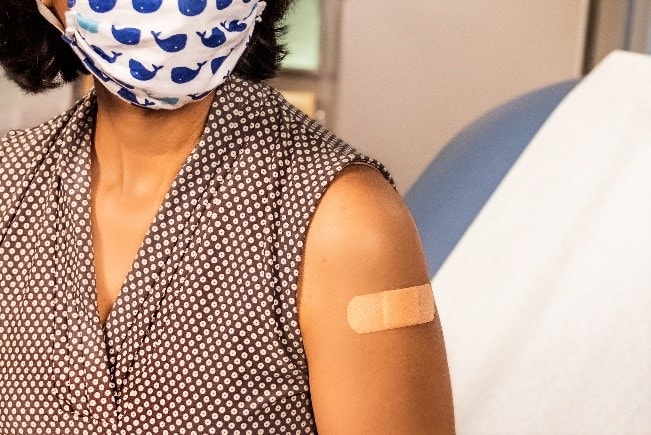
Many people do not like needles as part of medical procedures when they receive care. But for some, the fear of needles is so great that it might prevent them from getting life-saving medical care, like vaccinations. This fear often affects children but can affect adults, too. Estimates show that as many as 2 in 3 children and 1 in 4 adults have strong fears around needles. As many as 1 in 10 people might delay the COVID-19 vaccine due to these fears. Fear of needles is also common in people with certain conditions that cause difficulties with managing strong sensations, such as in people with mental, emotional, or behavioral disorders. Fear of needles can also be common in people with disabilities that make it hard for them to understand the procedures and communicate their concerns. There are ways to manage this fear.
Learn what you can do so fear does not get in the way of important medical care including vaccines.
NPR Interview “Asking for Help is not a Sign of Weakness. It’s a Sign of Strength.”: The surgeon general’s latest advisory highlights the youth mental health crisis
NPR’s Steve Inskeep talks to U.S. Surgeon General Vivek Murthy about his advice for addressing challenges that worsened with the pandemic — including young people struggling with suicidal thoughts. Listen here.
New ASTHO Communication Resources
ASTHO has developed a new infographic that can help create and sustain conversations in health agencies around planning programs, policies, and activities to better serve people with disabilities. Read more here: 10 Essential Questions for Disability Inclusion in Health Agencies and in Spanish here: 10 preguntas esenciales para la inclusión de la discapacidad en las agencias de salud (astho.org)
ASTHO also developed a number of public service announcement (PSA) style videos that provide a platform for people with disabilities to share their vaccination experiences and stories. These videos can be used as resources to help build vaccine confidence in people with disabilities and direct care providers. Access videos here: Why I Got the Vaccine: A PSA Series on Vaccination for People Living with Disabilities and Their Caregivers
Now Open for Applications for CDC Funding Opportunity – Health Promotion and Disease Prevention Research Centers: 2022 Special Interest Project Competitive Supplements (SIPS)
CDC has issued a Notice of Funding Opportunity for Prevention Research Centers currently funded under CDC RFA-DP-19-001 to conduct Special Interest Projects to design, test, evaluate, disseminate, and translate effective, applied public health prevention research in the United States.
The Division of Human Development and Disability is sponsoring a project through this funding opportunity entitled, Disability and Health Data Collaborative: Using Data to Promote the Health and Wellness of People with Disabilities. The purpose of this project is to implement a multi-site research study and establish a framework for a Disability and Health Data Collaborative using state Medicaid data and data linkages to better characterize and evaluate the health and wellness of people with intellectual and developmental disabilities. We invite our partners to learn more about this opportunity here. The application closing date is Friday, March 4, 2022.
Publications
Prevalence and Characteristics of Autism Spectrum Disorder (ASD)
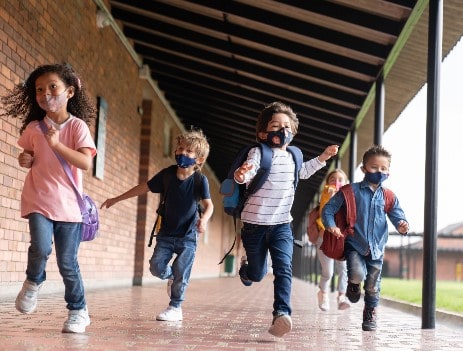
A new report titled Prevalence and Characteristics of Autism Spectrum Disorder Among Children Aged 8 Years — Autism and Developmental Disabilities Monitoring Network, 11 Sites, United States, 2018 found ASD prevalence in the 11 Autism and Developmental Disabilities Monitoring (ADDM) communities ranged from 1 in 60 (1.7%) children in Missouri to 1 in 26 (3.9%) children in California. These variations could be due to how communities are identifying children with ASD. Some communities have more services for children with ASD and their families. This report also found that some racial and ethnic differences in ASD identification continue to persist. These differences could relate in part to access to services that diagnose and support children with ASD.
Early Identification of Autism Spectrum Disorder (ASD)
A new report titled Early Identification of Autism Spectrum Disorder Among Children Aged 4 Years — Autism and Developmental Disabilities Monitoring Network, 11 Sites, United States, 2018 found substantial progress has been made in identifying children with ASD early. This is important because the earlier a child is identified with ASD, the earlier they can access services and support.
Progress and Disparities in Early Identification of Autism Spectrum Disorder (ASD)
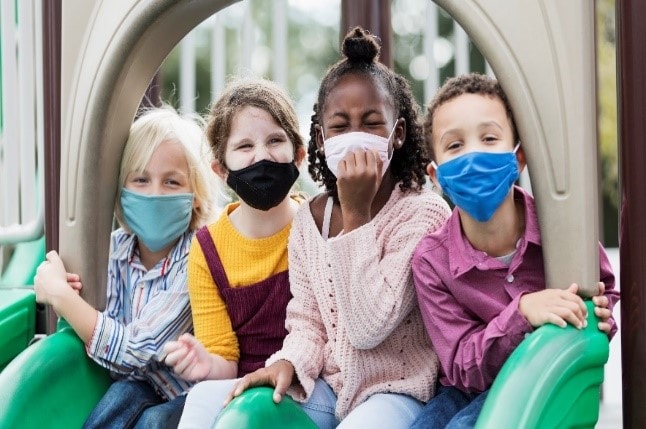
A new publication titled Progress and Disparities in Early Identification of Autism Spectrum Disorder: Autism and Developmental Disabilities Monitoring Network, 2002-2016 was published in Journal of the American Academy of Child and Adolescent Psychiatry. The paper reports that ASD identification by age 48 months was four times as likely in 2016 as in 2002, suggesting there has been progress in early ASD identification. Black and Hispanic children without intellectual disability were 30% less likely to be identified with ASD than White children. Disparities in identification by race/ethnicity and co-occurring intellectual disability remain, indicating there is still room for improvement in health equity.
New Study on Mosaicism in Fragile X Syndrome
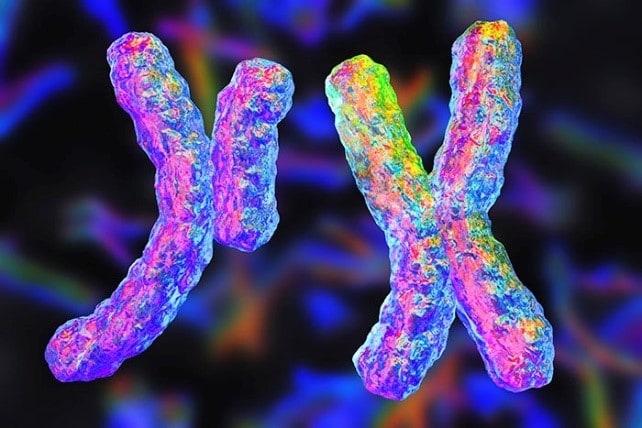
The American Journal of Medical Genetics (Part A) recently published a study that looked at mosaicism in males with fragile X syndrome (FXS). Most males with FXS make very little or no amount of a protein, called FMR1, that is important for brain development. This happens because the gene that makes this protein has been “turned off” in all of the cells in their body by a process called methylation. However, some males with FXS have what is called “methylation mosaicism” which means that some, though not all, of their cells have a gene that has not been turned off by methylation and can still make the FMR1 protein. In this study, participants with methylation mosaicism tended to have less severe intellectual disability and better social and functional skills. More research needs to be done, but knowing more about how FXS differs in people with and without methylation mosaicism may eventually help guide expectations and treatment of individuals with FXS.
